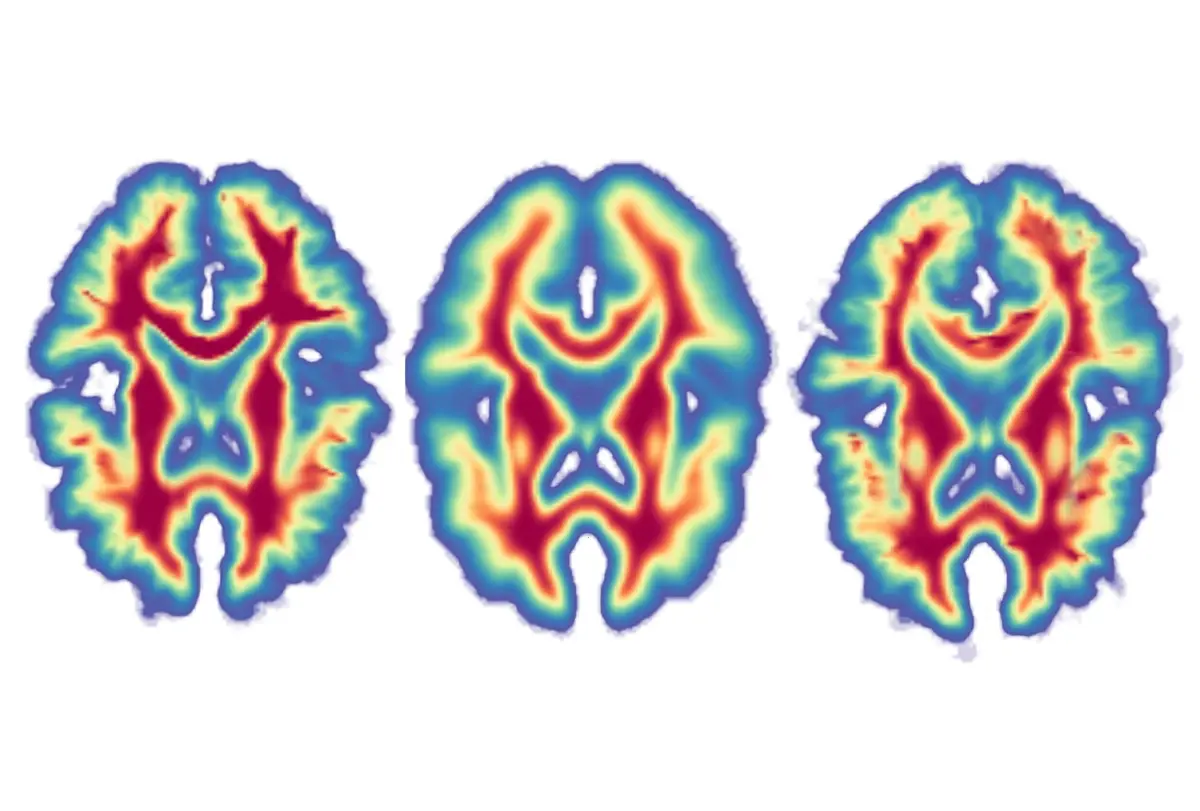- The double-empathy problem—used to explain communication difficulties between autistic and non-autistic people—is not evidence-based, due to flaws in research design and interpretation, three psychologists argue. The Conversation
- Gene expression and chromatin accessibility are altered in a cell-type-specific way in people with the autism-linked condition dup15q syndrome, according to a preprint. bioRxiv
- Sex-based differences in gene transcription may explain sex biases in the prevalence of neurodevelopmental and neuropsychiatric conditions. Biology of Sex Differences
- Mice with functional loss of the autism-linked gene MEF2C, which plays a key role in the development of GABA-containing interneurons, show altered cortical activity and autism-like behaviors. Biological Psychiatry
- A machine-learning approach to assess brain structural patterns associated with copy number variants of the 16p11.2 chromosomal region may aid characterization of gene-behavior relationships. Science Advances
Double-empathy problem; dup15q syndrome; myelin loss in aging autistic adults
Here is a roundup of autism-related news and research spotted around the web for the week of 17 June.
By
Jill Adams
18 June 2024 | 2 min read

Structural changes: People with deletions (left) or duplications (right) in the 16p11.2 chromosomal region show increased or decreased white-matter density, respectively, compared with controls (center). Red indicates a relative increase in density; blue indicates a decrease.
- Transcription regulators encoded by five autism-linked genes often target the same or overlapping binding sites on chromatin. Cell Reports
- Loss of myelination in older adults with autism shows a lot of variability, likely reflecting diverse life histories. Brain and Behavior
tags:
Recommended reading

Organoid study reveals shared brain pathways across autism-linked variants
By
Giorgia Guglielmi
19 February 2026 | 4 min read

Sex bias in autism drops as age at diagnosis rises
By
Helena Kudiabor
13 February 2026 | 4 min read
Explore more from The Transmitter

Frameshift: Raphe Bernier followed his heart out of academia, then made his way back again
By
Katie Moisse
20 February 2026 | 8 min read

Single gene sways caregiving circuits, behavior in male mice
By
Natalia Mesa
18 February 2026 | 6 min read

Inner retina of birds powers sight sans oxygen
By
Federica Sgorbissa
18 February 2026 | 4 min read
Cite this article:
